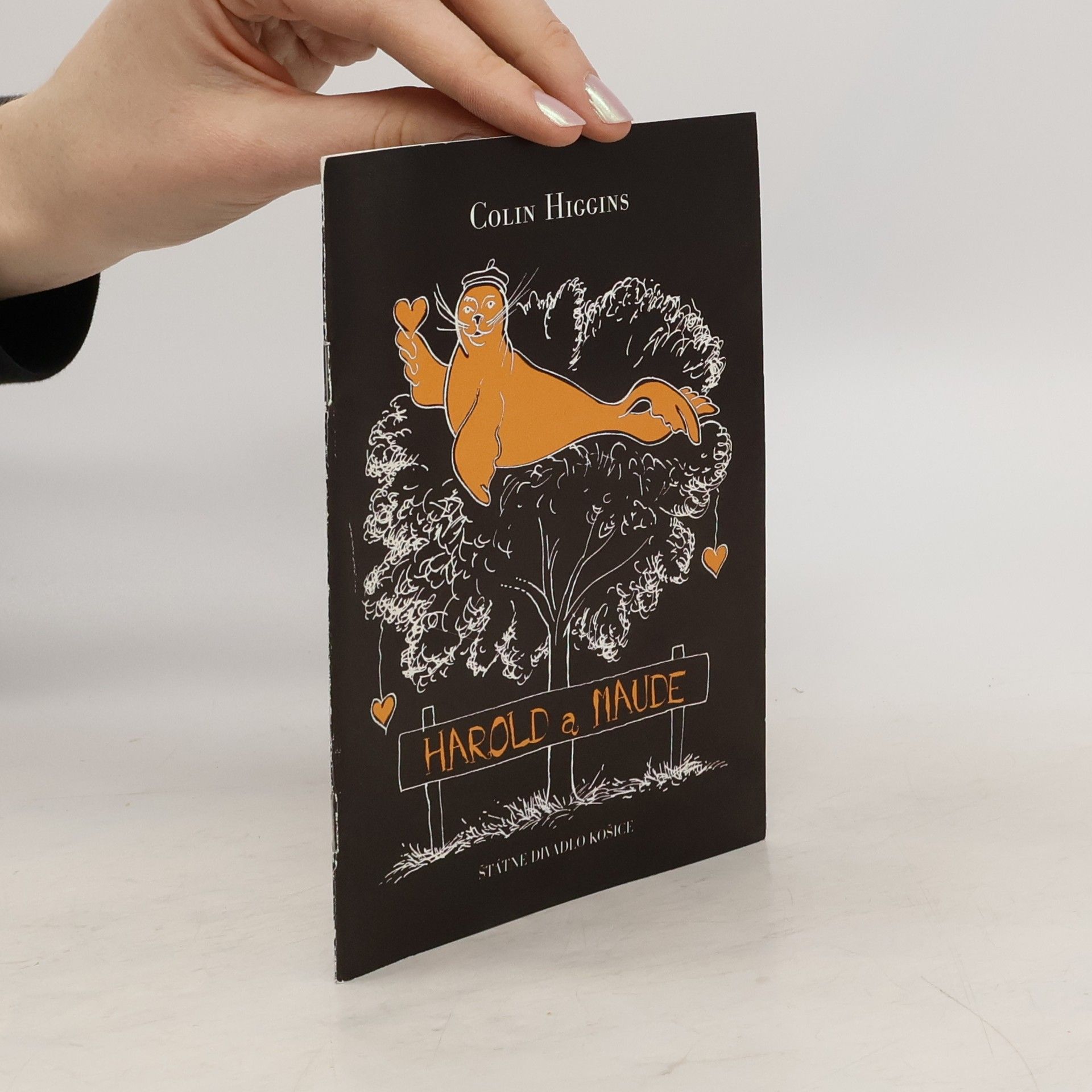Harold et Maude
- 160pages
- 6 heures de lecture
Nineteen-year-old Harold Chasen is obsessed with death. He fakes suicides to shock his self-obsessed mother, drives a customized Jaguar hearse, and attends funerals of complete strangers. Seventy-nine-year-old Maude Chardin, on the other hand, adores life. She liberates trees from city sidewalks and transplants them to the forest, paints smiles on the faces of church statues, and “borrows” cars to remind their owners that life is fleeting—here today, gone tomorrow! A chance meeting between the two turns into a madcap, whirlwind romance, and Harold learns that life is worth living. Harold and Maude started as Colin Higgins’ master’s thesis at UCLA Film School, and the script was purchased by Paramount. The film, directed by Hal Ashby, was released in 1971 and it bombed. But soon this quirky, dark comedy began being shown on college campuses and at midnight-movie theaters, and it gained a loyal cult following. This novelization was written by Higgins and published shortly after the film’s release but has been out of print for more than 30 years. Even fans who have seen the movie dozens of times will find this companion valuable, as it gives fresh elements to watch for and answers many of the film’s unresolved questions.



